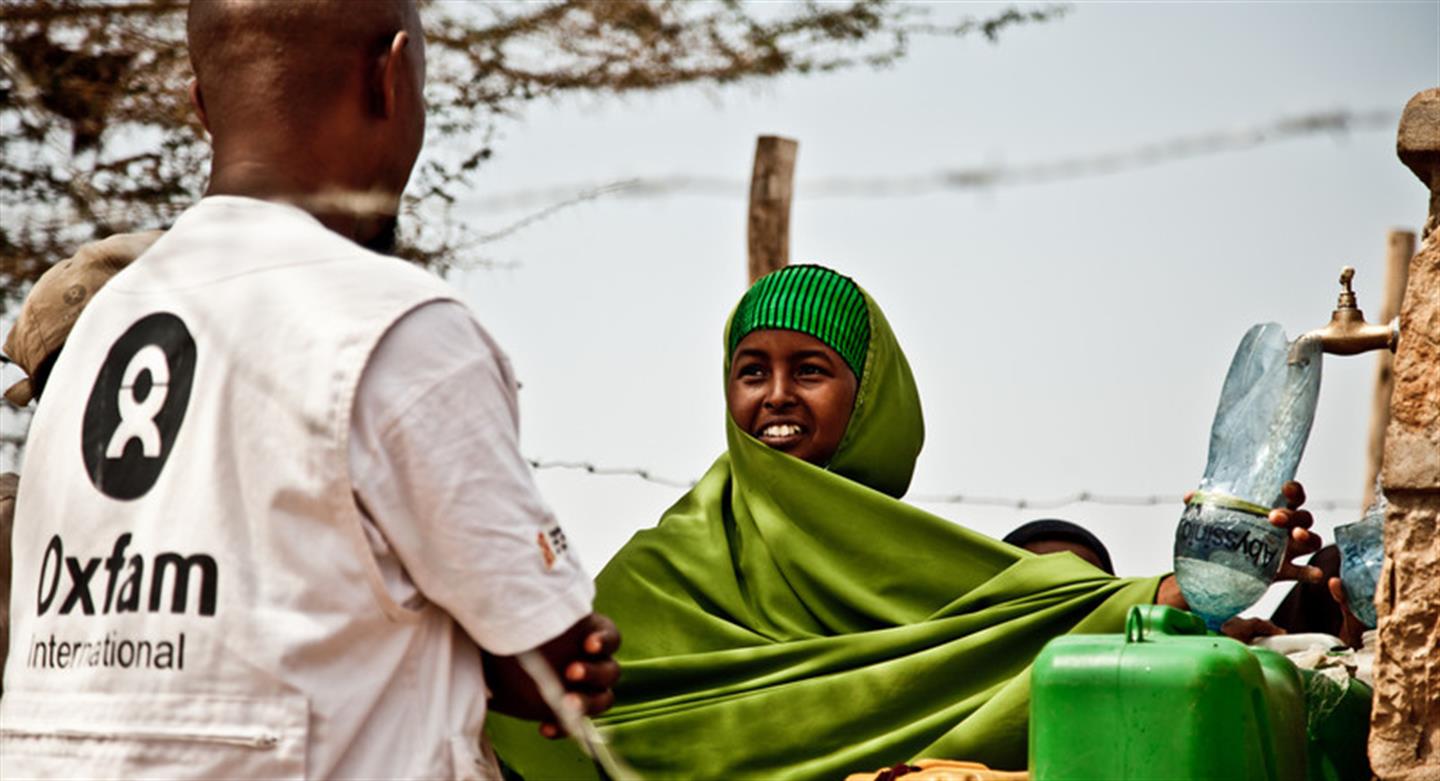
Why trust is so important in tackling corona
The Dutch Prime Minister cannot stress it enough in his regular press conferences: the containment of the coronavirus is a collective fight. However, for 17 million people to heed this appeal, they need to be informed and trust the information that they receive. Research shows that, worldwide, the trust of citizens in their governments, media and scientific institutions varies widely. This must be translated into locally adapted approaches to effectively inform and engage citizens.
Analysis by Caroline van Koot-Hodges, Impact Measurement and Knowledge Specialist
Whilst the coronavirus threatens us all, extreme inequalities mean that the poorest countries must confront it at the same time as aggravating impacts of climate change, war and instability and already fragile health systems. Leaders are forced to take difficult decisions, imposing public health measures and relying on the cooperation of the population, sometimes in the face of widespread distrust by citizens towards them. Understanding what institutions people do trust can help to get public health messages out in ways citizens are more willing to take on board.
Mistrust reduces effect of public health interventions
Trust is an important factor in effectively dealing with pandemics and other public emergencies, just as mistrust can reduce adherence to public health interventions. Most recently, research in the Democratic Republic of Congo, indicated that people with low levels of institutional trust were less likely to adopt preventive behaviors and more likely to seek medical help from informal sources during the 2018 Ebola outbreak. Conversely, preliminary indications from the coronavirus pandemic suggest that countries with the most effective measures tend to have higher levels of trust. This echoes more general findings on trust where higher levels of trust in institutions are associated with higher levels of engagement with them.
Learning from the data
Since 2016, Oxfam collected data in countries in Africa, Asia and the Middle East, providing a unique and striking glimpse into the living conditions, attitudes and behavior of marginalised communities, allowing us to look beyond the national statistics. Specifically, findings on the trust that citizens place in different institutions and organizations bode ill for the coronavirus response. Overall, we found that trust in a number of institutions or groups – who currently play a role in enacting and communicating public health measures – is low, in some cases critically so.
In Burundi, for instance, trust in the media was at rock bottom, with only 2% of respondents stating they always or often trust the media to do the right thing. The national government was trusted by only 16% of those interviewed. However, the local government garnered the trust of 63% of respondents, indicating that they would need to play an important role in implementing any coronavirus response.
In some regions of Niger, traditional and religious leaders enjoyed the highest levels of trust, with around 85% of those interviewed trusting them to do the right thing. In Uganda these groups also enjoyed the trust of around three quarters of respondents. This shows the critical roles traditional and religious leaders play in covid-19 responses.
In some contexts, local civil society organizations enjoy similar levels of trust, but in others, such as in some districts of Mozambique, civil society was trusted only by around a quarter of people. Meanwhile the local authorities enjoyed trust of nearly 90%. This suggests that NGOs working in these areas will need to act cautiously and work to support the institutions that people trust to ensure these communities receive accurate information on coronavirus from sources that they trust.
Trends to note
Whilst the results vary substantially across locations, a few trends do emerge. Overall, trust tends to be higher in institutions and groups that function at the local level, such as the local government, local civil society organizations, or traditional or religious leaders, albeit with exceptions in some contexts. In line with previous findings, this underlines the importance of ensuring local groups are informed, included and engaged in coronavirus responses. Such groups can play an important role in relaying information to marginalized communities who may otherwise be cynical towards information from the national government or international organizations.
Trust as foundation
Times of crisis bring the opportunity for trust to be gradually built on or further eroded. This global pandemic may allow state and civil society actors to build trust amongst the people they serve if they choose transparency, implement balanced measures, provide dedicated support to the most vulnerable groups, and take action to help people follow public health measures. If they do, trust can be cemented in the foundations for a new, fairer and more sustainable economy and society that works for the many rather than the few.
The data collection in 14 locations in 11 developing countries in Africa, Asia and the Middle East was part of the internal monitoring of the Oxfam Novib-SOMO strategic partnership ‘Towards a Worldwide Influencing Network’. This strategic partnership with the Dutch Ministry of Foreign Affairs invests in peaceful and just societies by strengthening the advocacy and influencing capacities of partners and connecting local partners to global networks.
Note: this article was originally published on Oxfam’s Views and Voices blog on 12 May.




